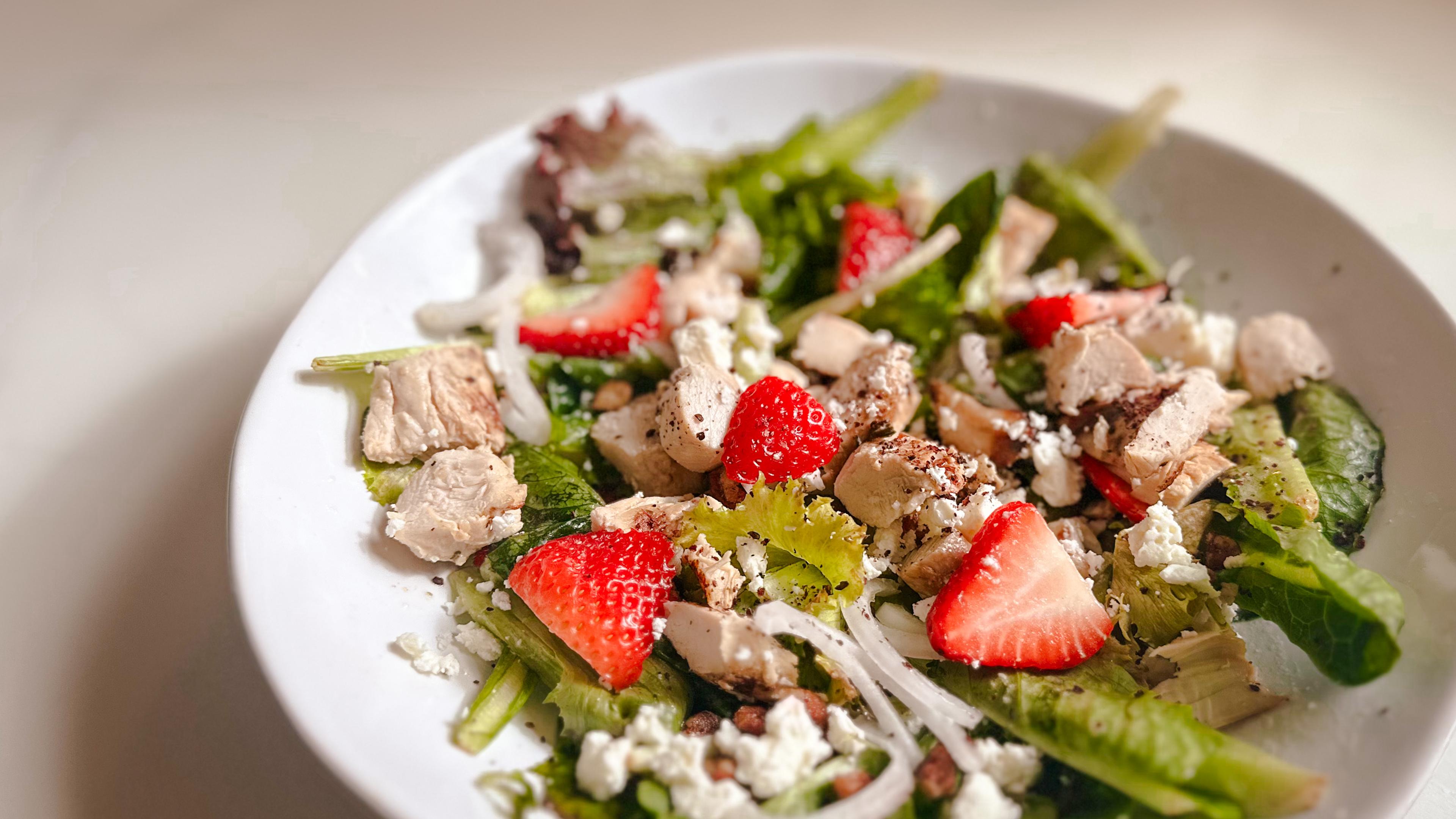Tips for Maximizing Your Grocery Budget

Shanthi Appelo, MS, RD
| 3 min read

It’s no secret inflation has influenced spending habits across the nation. Many Americans have made lifestyle changes to adjust, and food insecurity is becoming more prominent. In fact, food inflation has outpaced overall inflation in 2023. According to the United States Department of Agriculture, prices of food bought at the grocery store or supermarket increased 4.3% from August 2022 to August 2023. While many are feeling the strain, there are tactics families can keep in mind to minimize grocery spending.
Planning
The common phrase “planning is key” rings true for many things in life, including grocery shopping. This helps keep you focused on the essentials. When couponing isn’t enough, here’re some planning tips to keep in mind:
- Meal plan and make a grocery list accordingly. Lean on recipes and meals with fewer ingredients.
- Stick to the grocery list and avoid impulse purchases.
- When looking to buy higher-priced goods like oils and proteins, compare prices on grocery store apps to help you choose the best place to shop.
- If you use credit cards to shop, regularly check for cash back deals and choose the card with the most grocery rewards.
Shopping
Choosing store-brand over name-brand groceries may amount to up to 40% in total savings. Here are more tips to keep in while shopping:
- Compare the unit price when shopping for all household and grocery goods.
- Avoid purchasing beverages. Instead, lean on non-bottled water as much as possible.
- Include more plant-based proteins such as beans and tofu, as these often are more affordable than animal protein options.
- Avoid microwavable rice and other ready-to-eat grains. Instead, purchase grains in bulk and prepare on the stovetop.
- Choosing canned and frozen goods over fresh is generally a good rule of thumb, but it can be worth comparing prices especially for in-season produce.
Storing
Reducing waste can help get the most bang for your buck. Often, perfectly good food goes to waste because of confusion about expiration dates. These dates are more guidelines than deadlines, with the exception of infant formula. Other practices that can be helpful to reduce waste include:
- Store items to help maximize shelf life. The USDA FoodKeeper app teaches you how to best store food.
- The old saying “out of sight, out of mind” rings true for food storage. You’re more likely to use items that you can physically see. Perishable items are best stored in plain sight.
- Clean and organize your pantry often so you can see what’s on hand.
- Have a quarterly pantry challenge to use up ingredients that haven’t been touched in a while.
- Maximize your freezer. Leftovers from large meals can be handily stored frozen – either as ingredients for future recipes, or as ready-to-eat portions.
Remember, planning is key. Making small adjustments in different areas of your grocery habits can lead to big results.
For the first time, Meijer is entering into the health insurance space in a new partnership with Blue Cross Blue Shield of Michigan on a Medicare Advantage plan. The plan’s benefits include a $0 monthly premium, $0 annual deductible, $0 primary care visits and a $660 in-store-allowance, among other benefits. That $660 allowance can be used toward planning and saving at the grocery store. Learn more about the plan here.
Photo credit: Getty Images





